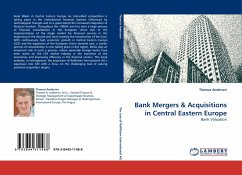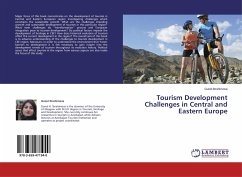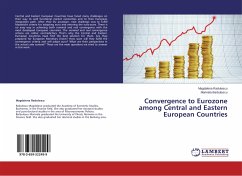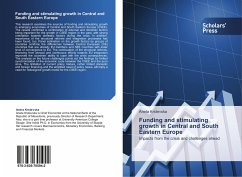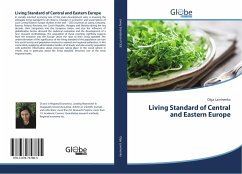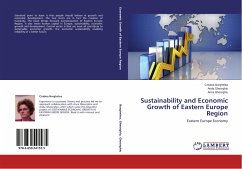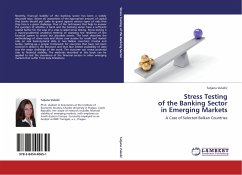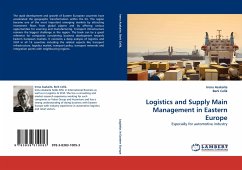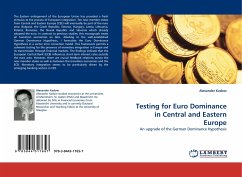
Testing for Euro Dominance in Central and Eastern Europe
An upgrade of the German Dominance Hypothesis
Versandkostenfrei!
Versandfertig in 6-10 Tagen
32,99 €
inkl. MwSt.

PAYBACK Punkte
16 °P sammeln!
The Eastern enlargement of the European Union has provided a fresh stimulus to the process of European integration. Ten new member states from Central and Eastern Europe (CEE) will eventually be part of the euro area: Bulgaria, the Czech Republic, Estonia, Hungary, Latvia, Lithuania, Poland, Romania, the Slovak Republic and Slovenia which already adopted the euro. In contrast to previous studies, this monograph treats all transition economies en bloc. Alluding to the well-established German Dominance Hypothesis, I formulate the Euro Dominance Hypothesis in a vector error correction model. This...
The Eastern enlargement of the European Union has provided a fresh stimulus to the process of European integration. Ten new member states from Central and Eastern Europe (CEE) will eventually be part of the euro area: Bulgaria, the Czech Republic, Estonia, Hungary, Latvia, Lithuania, Poland, Romania, the Slovak Republic and Slovenia which already adopted the euro. In contrast to previous studies, this monograph treats all transition economies en bloc. Alluding to the well-established German Dominance Hypothesis, I formulate the Euro Dominance Hypothesis in a vector error correction model. This framework permits a coherent testing for the presence of monetary integration in Europe and its transmission through financial markets. The findings indicate that the European Central Bank (ECB) influences short-term interest rates outside the euro area. However, there are crucial feedback relations across the new member states as well as between the transition economies and the ECB. Monetary integration seems to be particularly driven by the emerging banking sectors in CEE.



